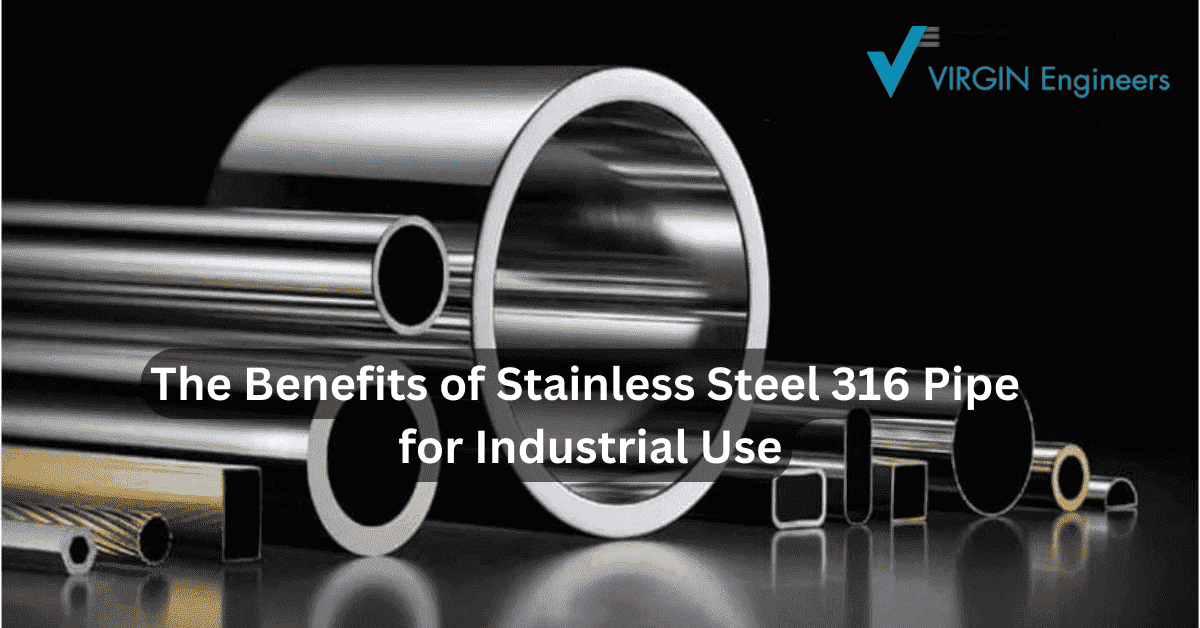Stainless steel 316 pipes have emerged as indispensable piping solutions across diverse industries, finding their niche in food processing, chemical processing, oil and gas, and marine sectors. Renowned for their durability, corrosion resistance, and impressive strength-to-weight ratio, they have become a staple material in numerous applications. Specifically, stainless steel 316 stands out for its exceptional corrosion resistance and ability to withstand high temperatures. In this blog post, we’ll delve into the benefits of stainless steel 316 pipes to the industrial sector.
1. Corrosion Resistance
Foremost among the advantages of Stainless Steel 316 Pipes is their extraordinary corrosion resistance. They exhibit high resistance to pitting, crevice corrosion, and stress corrosion cracking. Adding molybdenum to the alloy elevates the corrosion resistance of 316 stainless steel pipes, making them apt for deployment in marine environments and other settings where exposure to salt is a concern.
2. Strength and Durability
These pipes epitomize strength and durability, making them an excellent choice for high-pressure applications. They demonstrate remarkable resistance to wear and tear and can withstand heavy usage over extended periods. This robustness is a cost-effective alternative for a wide range of industrial applications.
3. Heat Resistance
Stainless Steel 316 Pipes exhibit impressive heat resistance, capable of withstanding high temperatures without undergoing deformation or weakening. This property renders them suitable for applications involving elevated temperatures, such as chemical processing or oil and gas production.
4. Low Maintenance
Another significant advantage of using Stainless Steel 316 Pipes in industrial applications is their low maintenance requirement. They are easy to clean and sanitize, eliminating the need for painting or additional coatings to preserve their appearance or functionality.
5. Versatility
These pipes boast remarkable versatility, lending themselves to various industrial applications. They can be fabricated into different shapes and sizes, catering to needs in pipelines, pressure vessels, heat exchangers, and various other applications.
6. Environmental Friendliness
Stainless steel, as a material, aligns with environmental sustainability. It is 100% recyclable and does not release harmful substances into the air or water. Opting for these pipes in industrial applications allows companies to reduce their environmental footprint and align with sustainability objectives.
In Conclusion
In essence, Stainless Steel 316 Pipes offer many benefits for industrial applications, encompassing exceptional corrosion resistance, formidable strength and durability, impressive heat resistance, low maintenance requirements, remarkable versatility, and environmental friendliness. These attributes collectively render these pipes a cost-effective and enduring choice for various industries.

